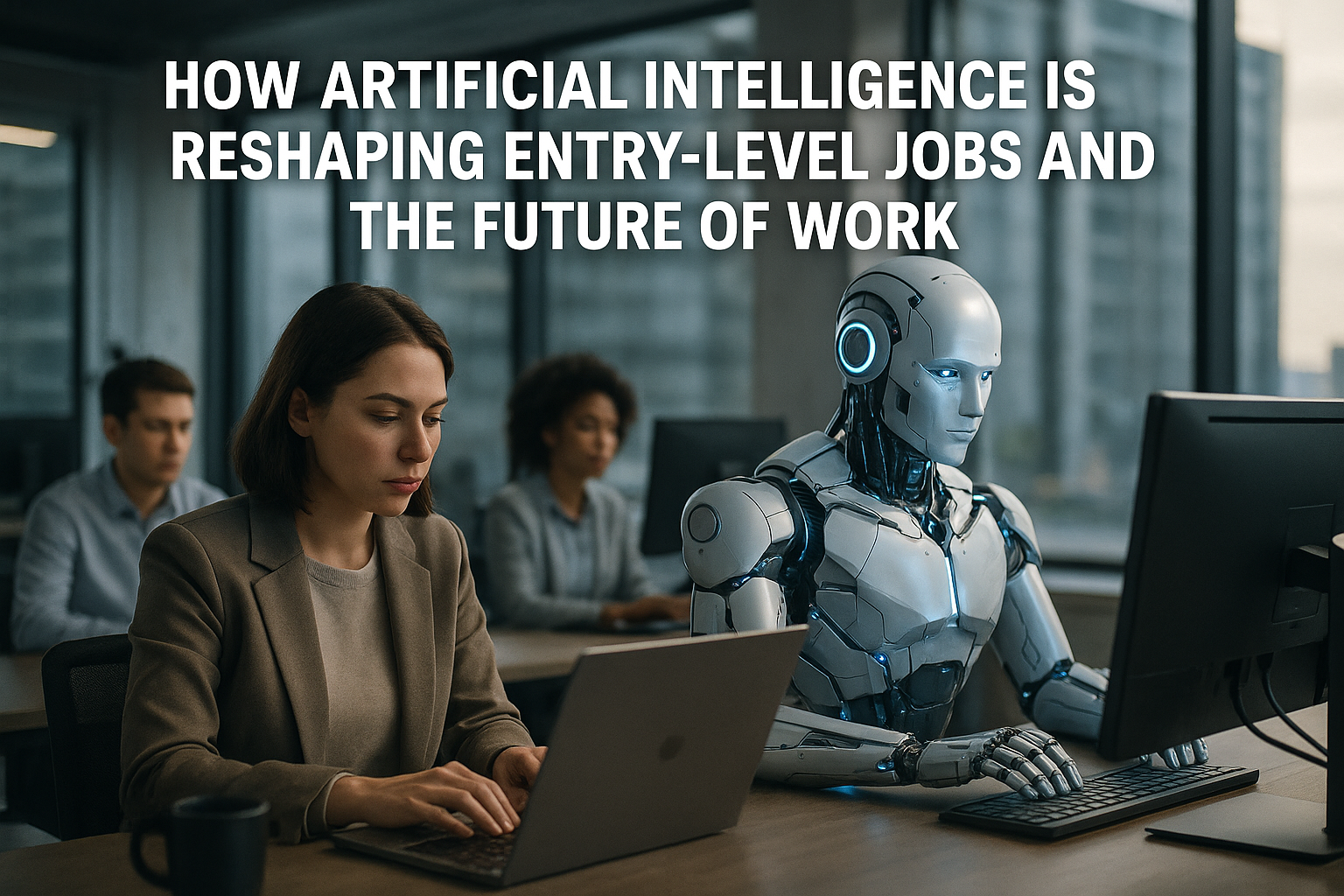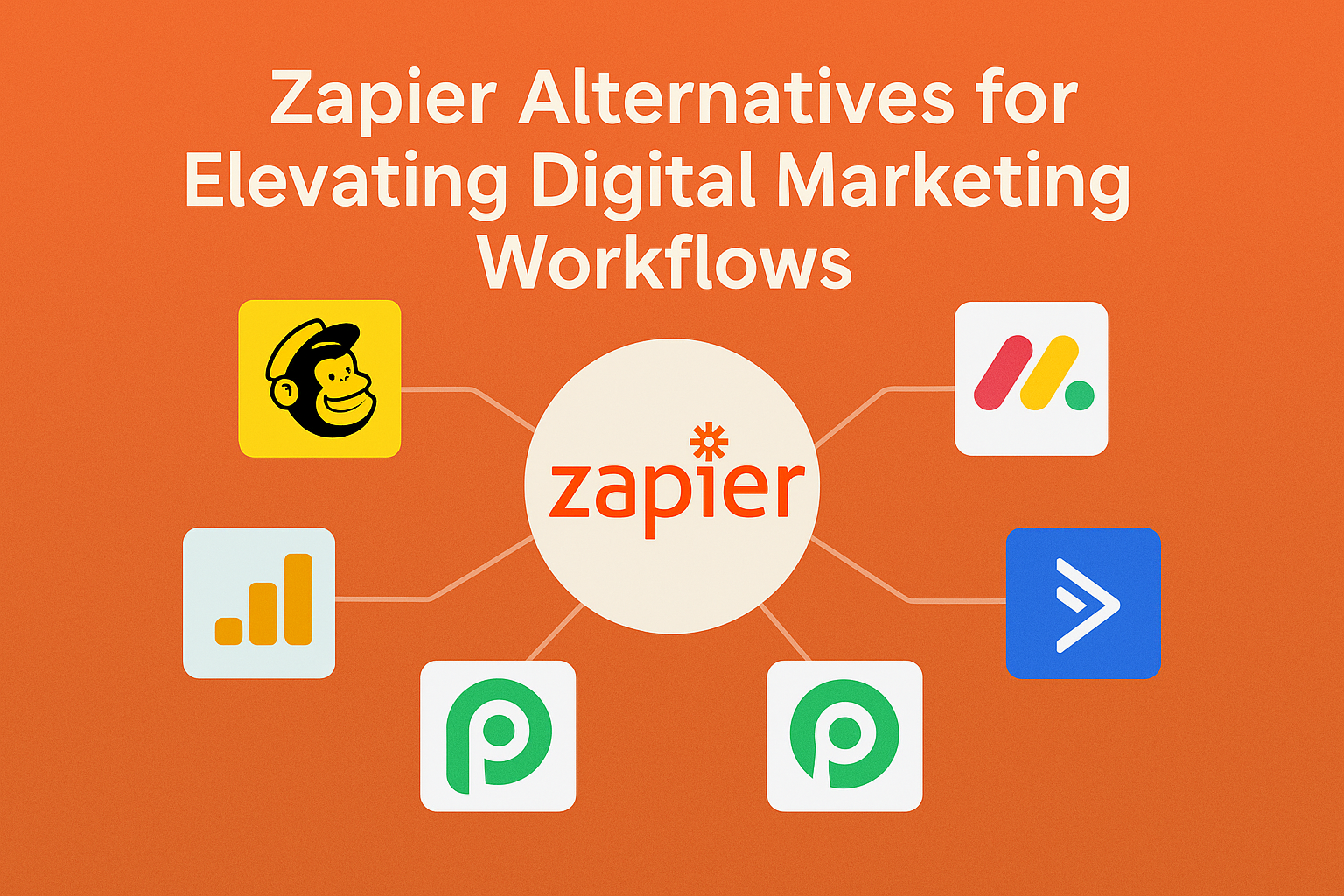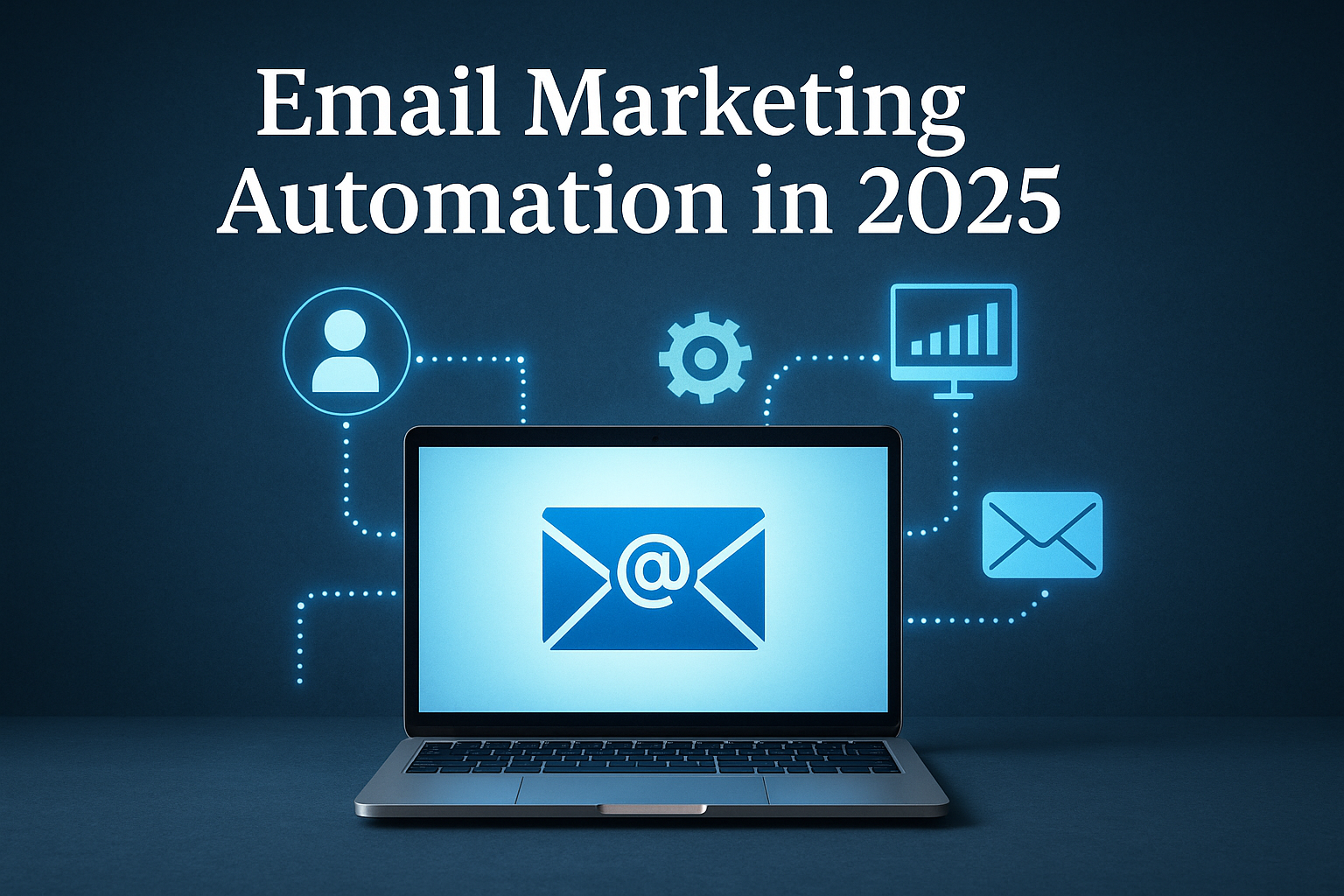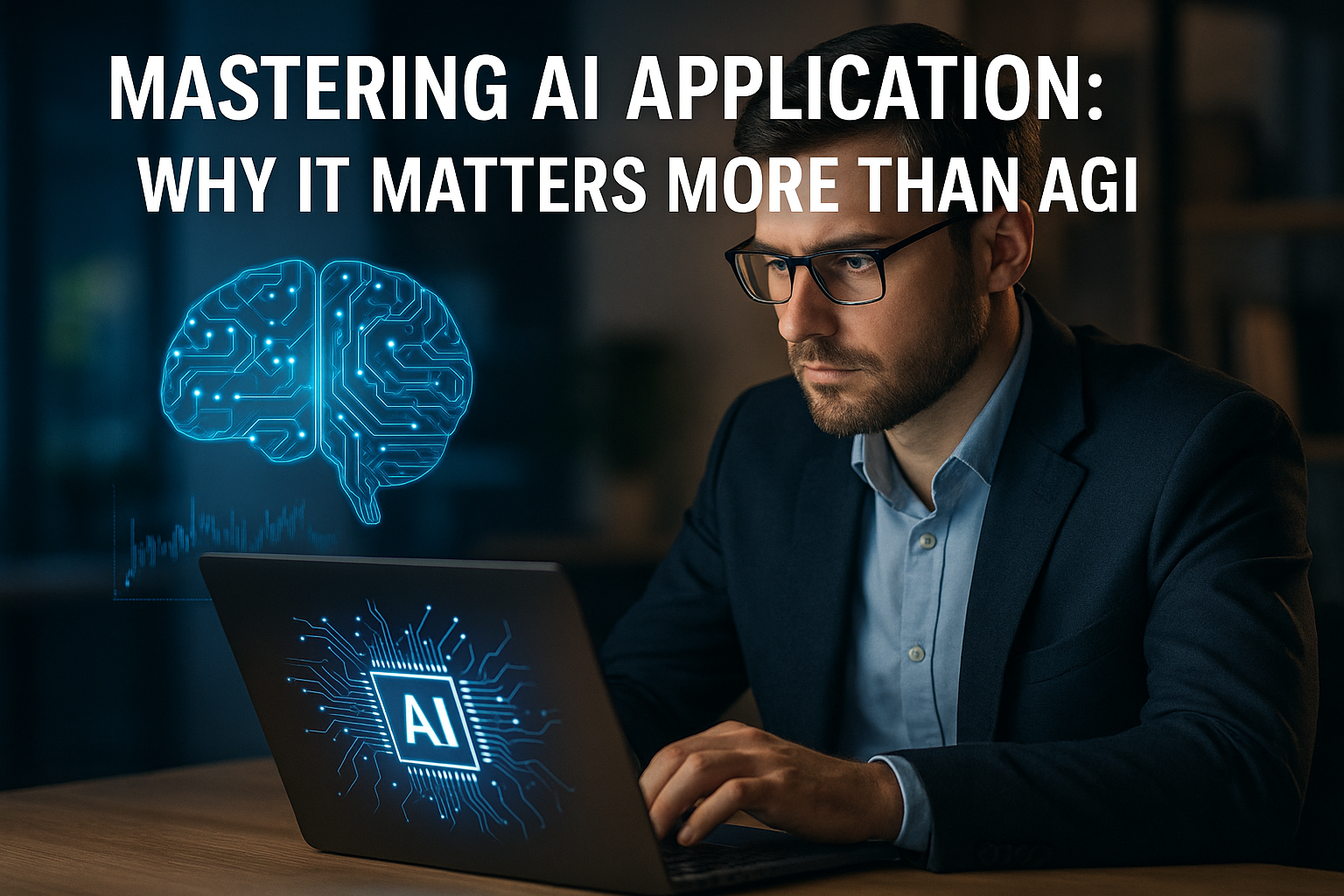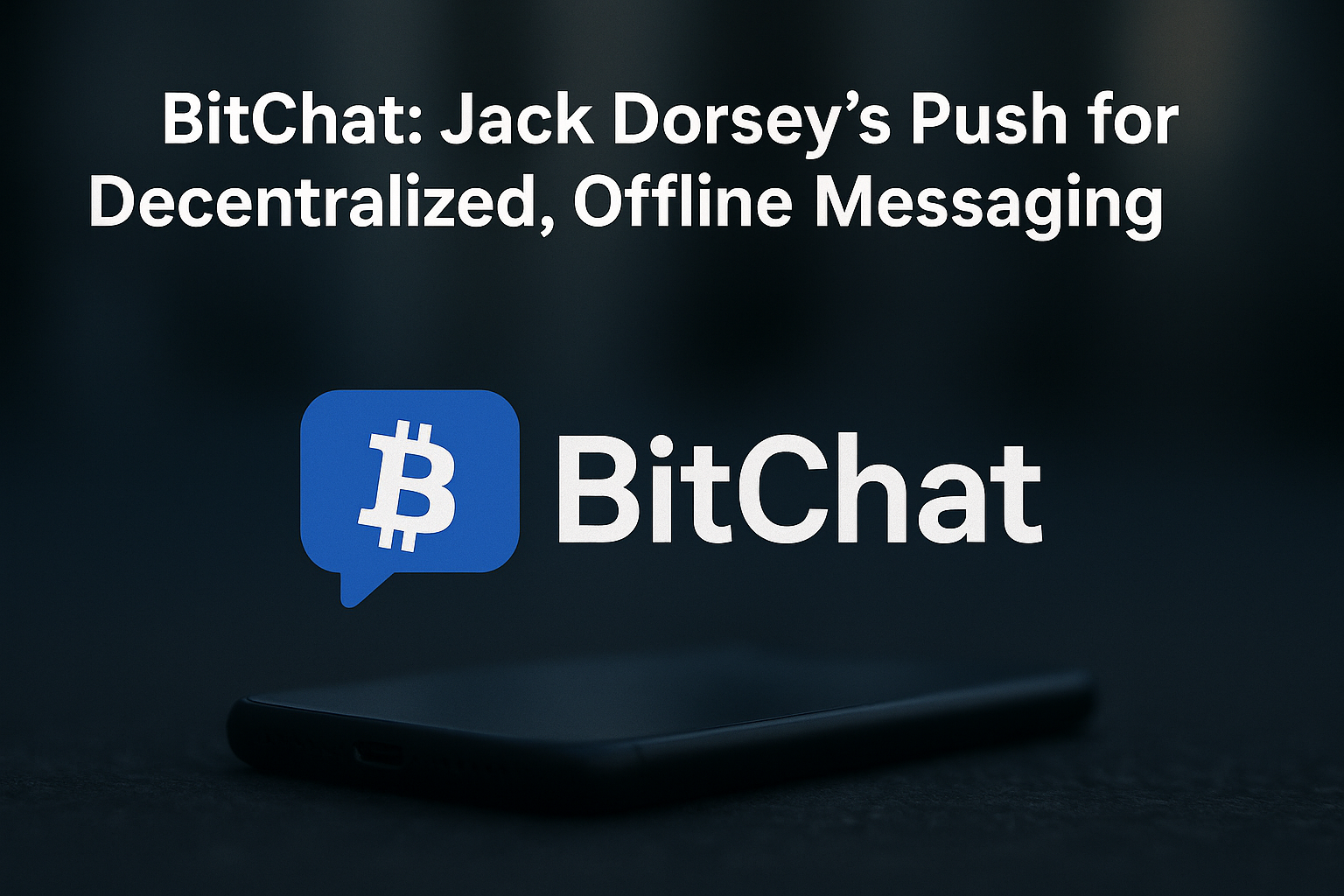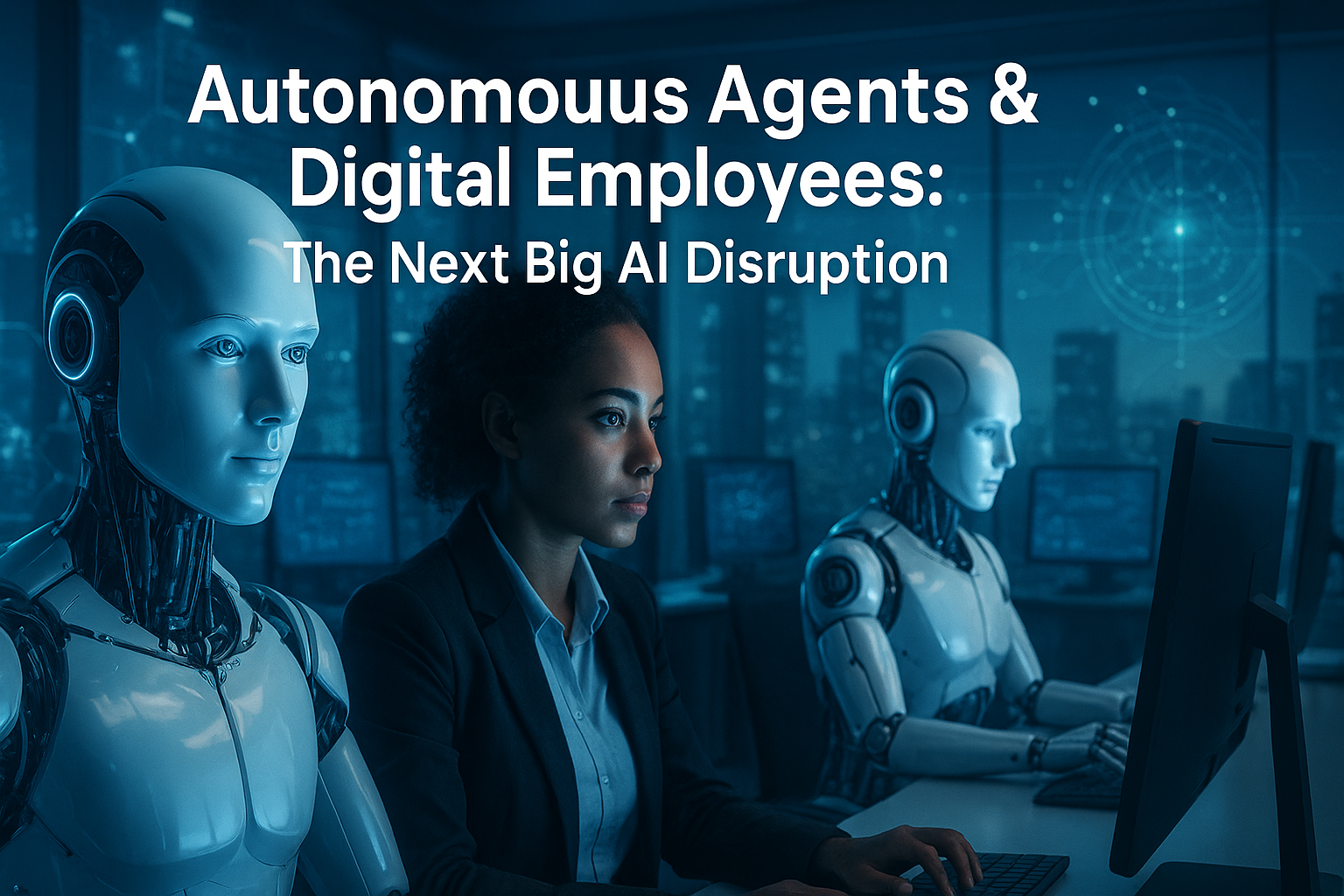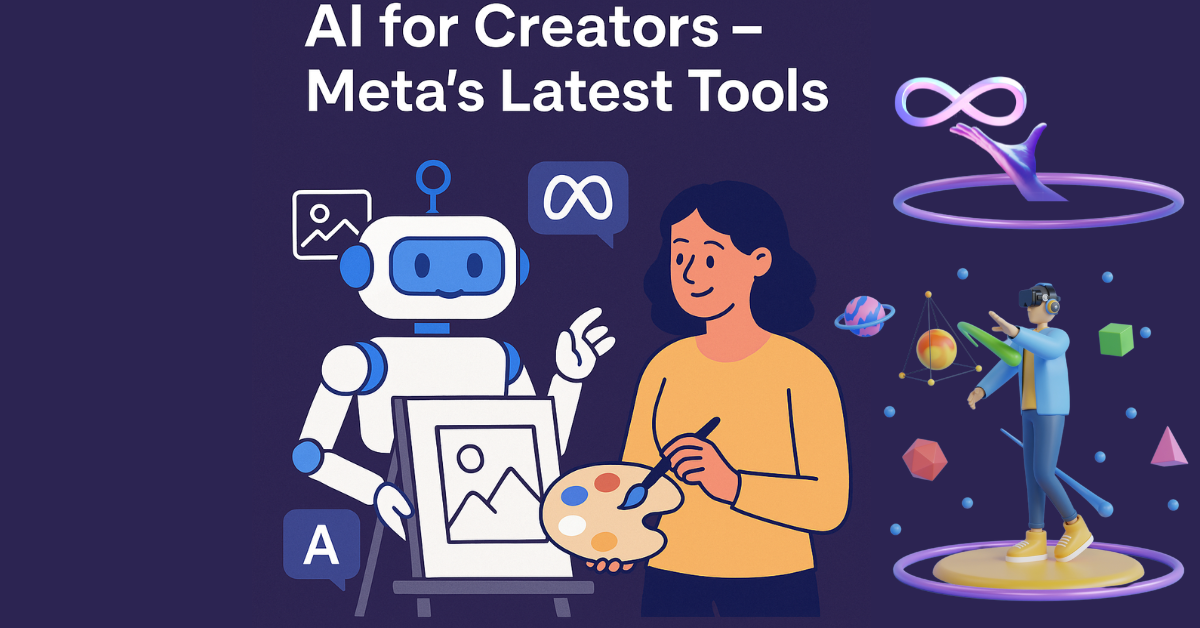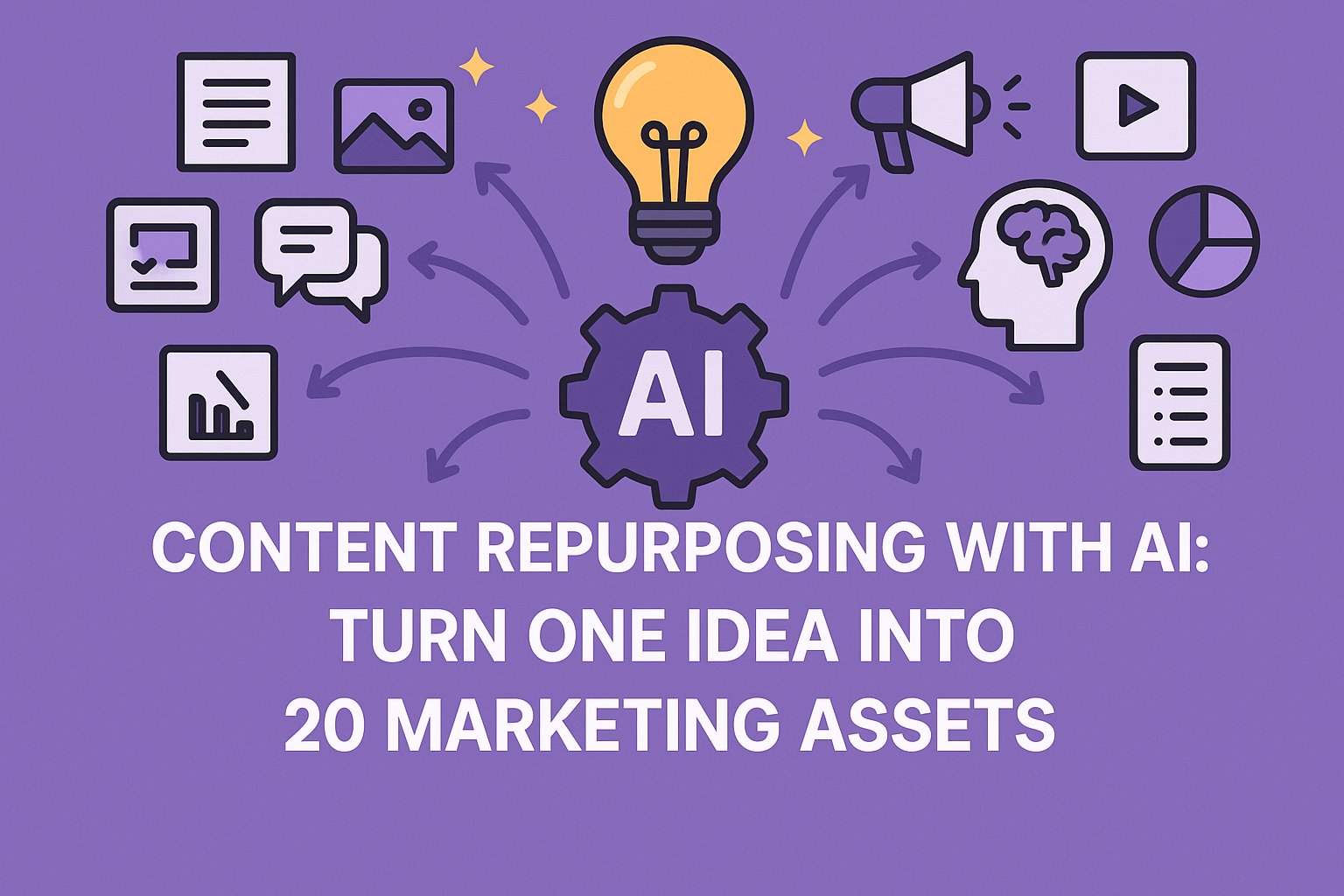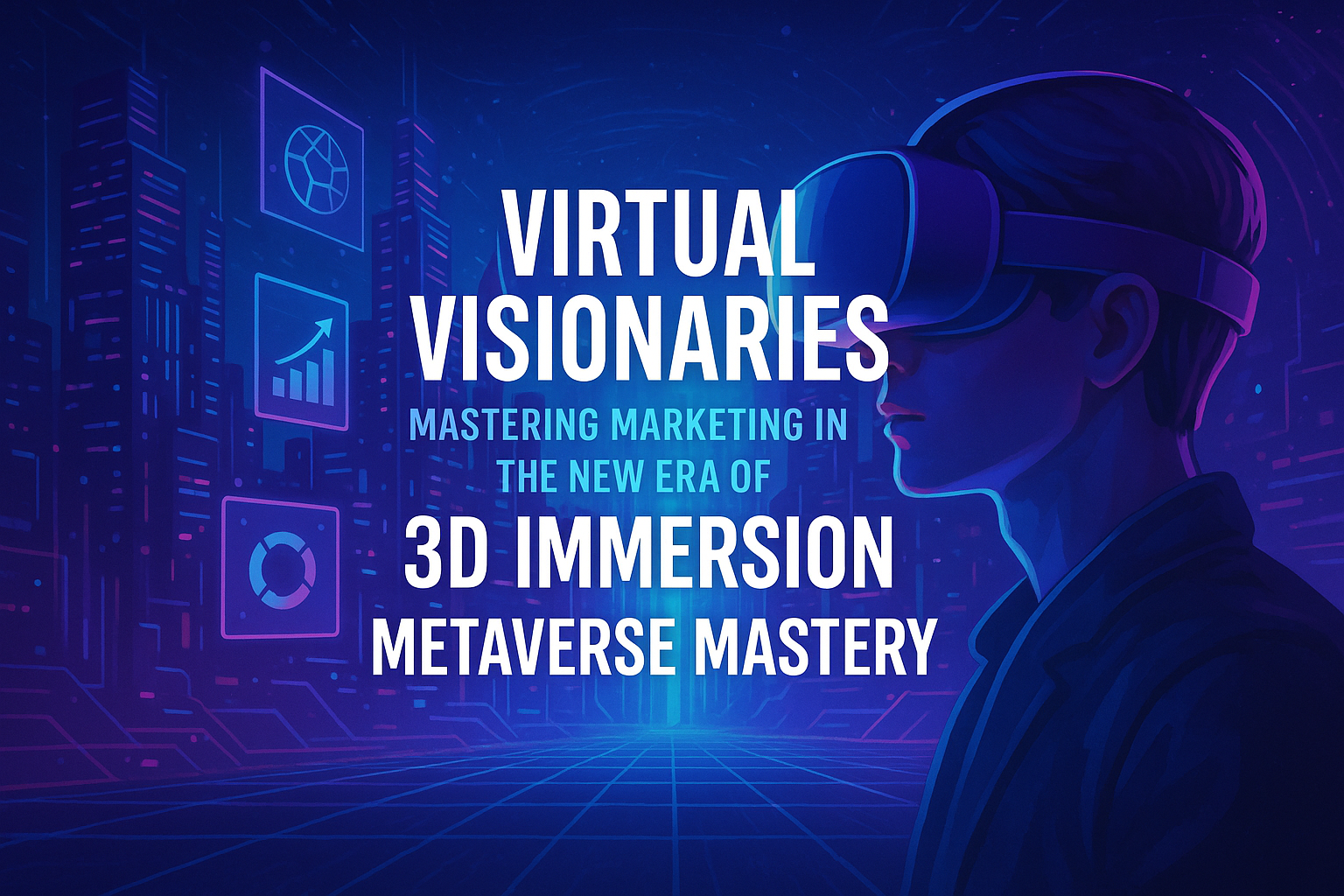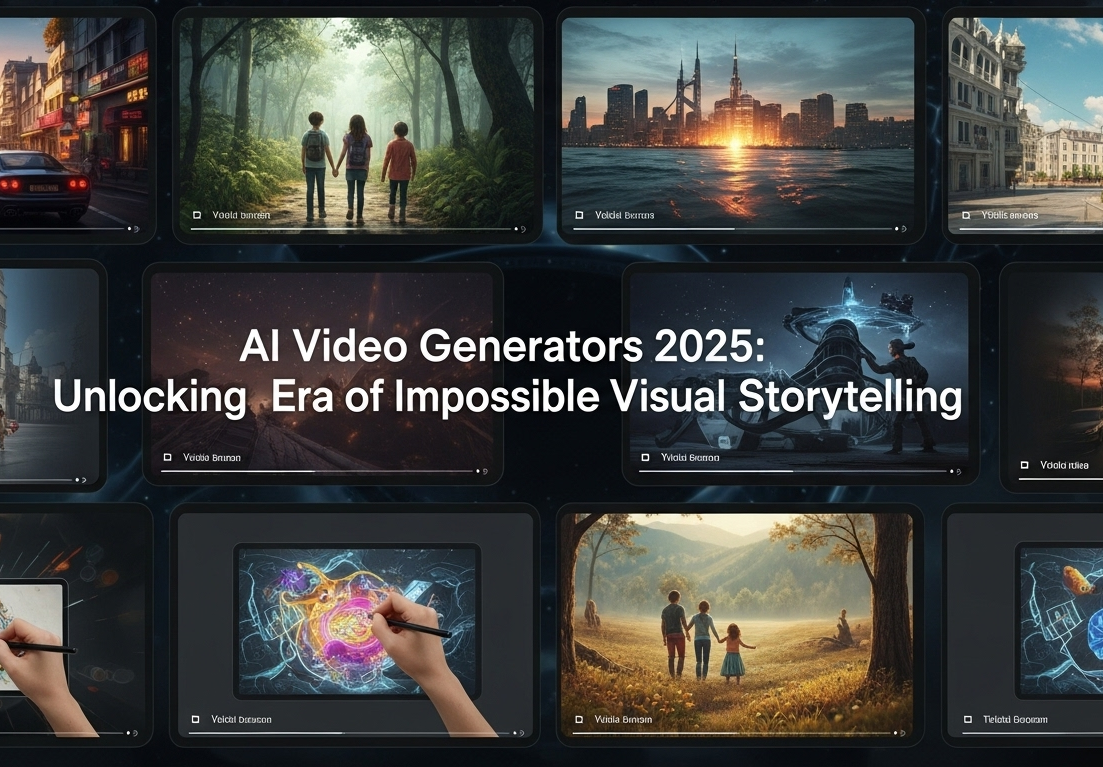The rapid ascent of Artificial Intelligence isn’t merely a technological advancement; it’s a seismic shift reshaping the very foundation of the job market. While the long-term ramifications of Artificial Intelligence across industries are still unfolding, its immediate and most pronounced impact is being felt in entry-level positions. These foundational roles, traditionally serving as crucial stepping stones for aspiring professionals, are undergoing a profound metamorphosis, presenting both challenges and novel avenues for the upcoming generation of workers.
Historically, entry-level jobs offered a vital gateway into diverse sectors. They provided new graduates and career starters with opportunities to gain practical exposure, learn industry specifics, and cultivate essential skills. These positions often involved repetitive, rule-based tasks think data input, basic customer support, preliminary research, or rudimentary coding. It’s precisely these predictable, high-volume activities where Artificial Intelligence, with its capacity for automation, efficiency, and tireless execution, is making its most significant inroads.
Where Artificial Intelligence is Making its Mark:
The core principle behind AI’s influence on entry-level jobs lies in its unparalleled ability to automate standardized, high-volume tasks. Let’s delve into specific sectors and roles experiencing this transformation:
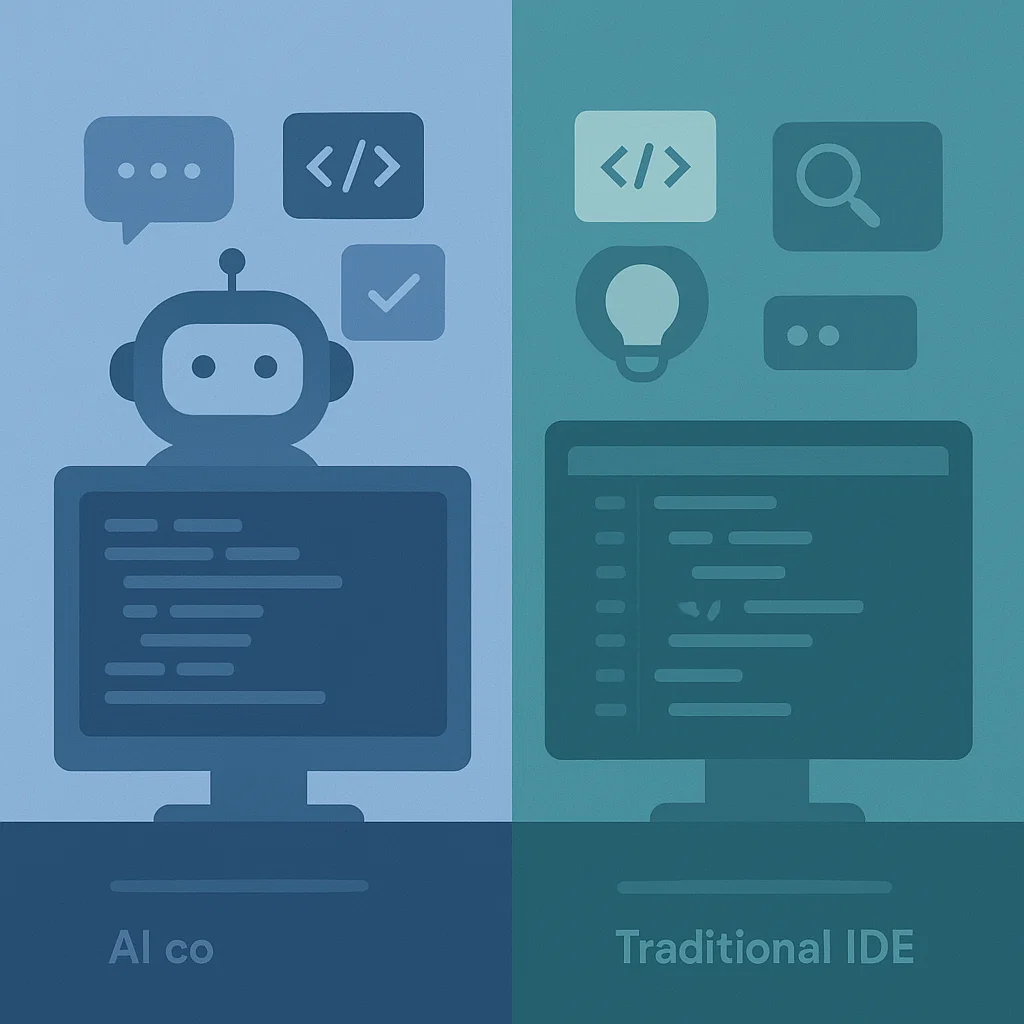
- Customer Service and Support: AI-powered chatbots and virtual assistants are increasingly handling routine customer inquiries, diagnosing common issues, and guiding users through processes. While complex or emotionally charged interactions still demand human empathy and nuanced problem-solving, the initial screening and resolution of many queries are now being managed by Artificial Intelligence, reducing the need for a large cohort of entry-level human agents.
- Data Entry and Processing: Tasks involving the meticulous input, organization, and fundamental analysis of large datasets are highly susceptible to automation. Artificial Intelligence-driven tools can extract information from documents, categorize data, and even discern patterns with far greater speed and precision than human counterparts. This directly impacts roles such as data entry clerks, administrative assistants, and even junior analysts primarily engaged in data manipulation.
- Content Generation and Curation: Modern generative Artificial Intelligence models are remarkably capable of producing various forms of content, ranging from marketing copy and social media updates to basic reports and summaries. While creative direction, intricate storytelling, and in-depth journalistic endeavors still require human intellect, the more formulaic aspects of content creation are becoming progressively automated, influencing roles like junior content writers and editors.
- Basic Programming and Code Debugging: Even within the tech industry, once considered largely immune to automation, Artificial Intelligence is beginning to affect entry-level coding roles. Artificial Intelligence-powered tools can assist with code generation, identify and suggest solutions for bugs, and automate routine testing. This means that junior programmers, whose initial responsibilities often involve writing boilerplate code or debugging existing systems, might find their tasks evolving rapidly.
- Translation and Localization: Artificial Intelligence-driven translation tools have reached remarkable levels of sophistication, offering instant and frequently highly accurate translations. While professional translators remain indispensable for nuanced, culturally sensitive, or highly specialized content, AI is diminishing the demand for entry-level roles focused on straightforward translation tasks.
- Back-Office Operations and Administration: Many administrative duties, such as scheduling, email management, and document organization, can be significantly streamlined and partially automated by AI. This impacts a broad spectrum of clerical and support roles across various industries.
The real-world implications extend beyond mere task automation. A recent Deloitte study highlighted that a notable percentage of engineering students perceive their future jobs as vulnerable to AI, influencing their educational choices and career strategies. The concern isn’t solely about job displacement but also the potential loss of “formative critical experiences” that traditionally shape and define a career trajectory for entry-level talent.
The Cascade Effect of Artificial Intelligence:
Artificial Intelligence’s influence isn’t limited to a simple one-for-one replacement of human roles. It creates a far-reaching ripple effect across the entire labor market:

- Shrinking “Stepping Stone” Roles: The reduction in traditional entry-level positions translates into fewer opportunities for young professionals to gain initial experience. This “breaking of the bottom rung” of the job ladder, as some experts describe it, could make it more challenging for new graduates to enter their chosen fields and cultivate essential competencies.
- Soaring Demand for “New Collar” Skills: As routine tasks become automated, the demand shifts dramatically towards skills that AI cannot easily replicate. These “new-collar jobs” emphasize attributes like adaptability, continuous learning, human judgment, critical thinking, creativity, emotional intelligence, and strategic communication. Examples include prompt engineers, AI support specialists, data annotation experts, cybersecurity analysts, and AI ethics consultants.
- Workforce Polarization: There’s a growing apprehension about job polarization, where high-skill, high-wage roles gain value, while low-skill, routine jobs face heightened risks of displacement or wage stagnation. This trend could exacerbate economic inequality if not proactively addressed.
- Evolution in Hiring Practices: Organizations are already adapting their hiring processes, leveraging AI for intelligent resume parsing, automated screening, and skill-based matching. The focus is increasingly shifting towards “skills-first hiring” rather than solely relying on traditional academic degrees, acknowledging the dynamic nature of in-demand competencies.
- Imperative for Reskilling and Upskilling: The rapidly evolving landscape makes continuous learning and skill development paramount. Both individuals and organizations must invest in reskilling initiatives to ensure the workforce remains relevant. This includes mastering AI tools, understanding how to collaborate effectively with AI, and cultivating uniquely human skills.
Navigating the Artificial Intelligence Epoch: Strategies for the Future Workforce
While the challenges posed by Artificial Intelligence to entry-level jobs are substantial, the future isn’t one of widespread job eradication. Instead, it promises a future of profound transformation, demanding a proactive and adaptable approach.
For individuals embarking on their careers:
- Cultivate Hybrid Skill Sets: The most valuable professionals will be those who seamlessly blend technical proficiency with human-centric abilities. For instance, a data analyst who can not only interpret complex datasets but also articulate insights clearly and understand consumer psychology will be highly sought after.
- Prioritize Uniquely Human Capabilities: Nurture skills that AI struggles to replicate, such as creativity, critical thinking, complex problem-solving, emotional intelligence, negotiation, and ethical reasoning. These are the areas where human value will remain irreplaceable.
- Become “AI-Fluent”: Learn to work with Artificial Intelligence, not in opposition to it. Understand how AI tools function, how to leverage them to boost productivity, and how to effectively prompt and oversee AI output. This involves hands-on experience with generative AI tools, automation platforms, and data analysis software.
- Embrace Continuous Learning and Adaptability: The rapid pace of technological change means that skills acquired today may become obsolete tomorrow. Develop a mindset of lifelong learning, actively seeking out new knowledge and adapting to evolving industry demands. Online courses, certifications, and micro-credentials will become increasingly crucial.
- Build a Strong Personal Brand and Network: In an increasingly competitive landscape, a robust online presence, a compelling portfolio of projects, and a strong professional network can differentiate individuals and open doors to opportunities not advertised through traditional channels.
- Explore AI-Resilient Sectors and “New-Collar” Roles: Consider career paths in fields less susceptible to immediate AI automation, such as healthcare (with a focus on direct human care), social work, education, or skilled trades. Also, investigate emerging roles directly related to AI development, deployment, and ethical oversight.
For educational institutions and policymakers:

- Modernize Curricula: Educational programs must swiftly adapt to the new realities of the job market, emphasizing critical thinking, problem-solving, creativity, and digital literacy alongside traditional subjects. Integrating AI tools and concepts across all disciplines will be paramount.
- Promote Skills-Based Learning: Shift away from an over-reliance on traditional degrees and focus on developing verifiable skills. This includes championing apprenticeships, bootcamps, and certifications that align directly with industry needs.
- Invest in Reskilling and Upskilling Initiatives: Governments and educational institutions need to collaborate with industries to create accessible and effective reskilling programs for workers whose jobs are impacted by AI. This can involve public-private partnerships and incentives for companies to invest in employee training.
- Address AI’s Ethical Dimensions: As AI becomes more pervasive, it’s crucial to address ethical concerns related to algorithmic bias, data privacy, and the responsible deployment of AI in the workplace. Education on AI ethics should be a core component of future curricula.
The advent of AI is, without doubt, a transformative event, fundamentally altering the landscape of entry-level employment. While it presents substantial challenges and necessitates a paradigm shift in our approach to career development, it also unlocks unprecedented opportunities for innovation, efficiency, and the creation of new, higher-value roles. The future workforce will not be defined by who can compete with machines, but by who can collaborate with them, harnessing AI’s power to amplify human potential and drive progress. The key to successfully navigating this era lies in embracing adaptability, prioritizing uniquely human skills, and committing to a journey of continuous learning.
If you found this information helpful, don’t forget to subscribe to Zealimpact.com. We’ll keep bringing you more AI related Blogs like this one. Your support is our strength.
If you found this information useful, don’t forget to share it with your friends and family.

